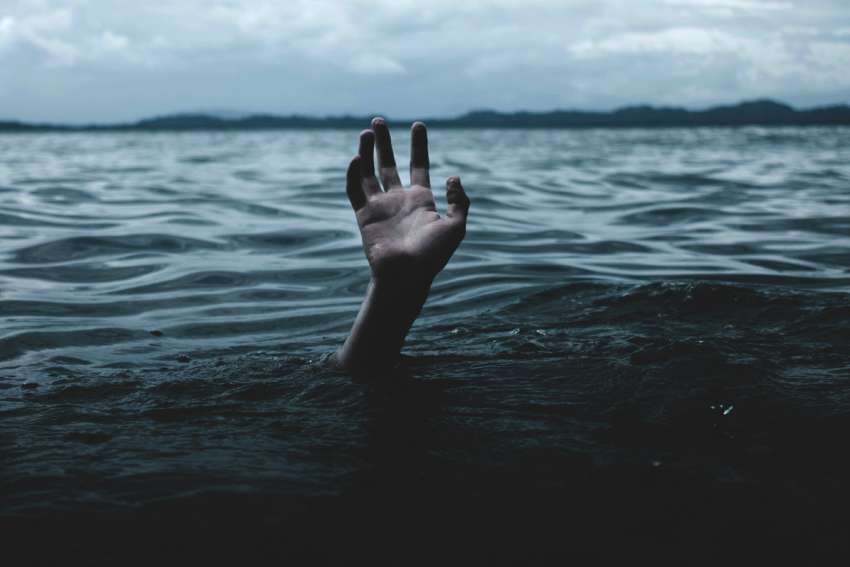In 2012, I found myself lying on the floor of my office, underneath my desk. I called my husband first to tell him that I was not okay and that my next call would be to the mental health crisis line. I spent two hours on the phone, telling the beautiful soul on the other end of the line how I had this amazing life that I could not live because the weight of the depression was crushing me.
It was as though a massive storm cloud had moved into my head and heart. The sun would be shining on a beautiful day, and the world looked black and white. My beautiful kids would be laughing and it sounded like I was hearing it muffled from three rooms away. People loved me and it felt like there was a brick wall between my heart and theirs. I could make myself get up and go to work and do the ordinary things my life required, but it took a hundred times the effort that it should. And I was lucky – because somehow, I managed to recognize that something was very wrong. Mental illness often robs us of the ability to even see how dark the world has become.
A tumor gradually impacts the organs around it, causing pain or other symptoms. Diabetes disrupts our energy levels and washroom trips. Colds and flus give us fevers and coughs. We learn to recognize all these symptoms and to seek medical help when it is needed. Some of us resist going to the doctor more than others. But as a society, we do not blame people for these kinds of illnesses.
Mental illness is harder to recognize, diagnose, and treat. But it is no less challenging that physical illness to live with and fight. And just like life-threatening physical diseases, suicidal ideation is a life -threatening illness that no one wants. Many fight silently for years. Treatments are available, and they are not always effective. The crushing weight, day after day and year after year, sometimes does too much damage; in too many heart-shattering endings, this external threat overpowers the human longing to live.
There is so much to say about this, and these are the two aching out of my chest today.
First, the God of my understanding was holding me up when I called the mental health crisis line from underneath my office desk and again when I called my sister to get the terrible news. That God is a Love bigger than human pain or suffering.
More deeply than I have ever known anything in my life, that God has poured never-ending unconditional love over me and the whole world for every moment of my existence. That God cried with me for the one I love, and I am certain that the Creator and Author of Never-Ending Love is bigger than suicide. All who are weary and burdened have been promised rest, and I will pour out love and rest and compassion on the suffering because it has been poured out on me.
Second, in the daily living with mental illness and in the shocking and bleary days following these tragic deaths by suicide, we need all the same compassion and care that we so generously offer in other kinds of suffering and loss. Love and connection can and will save many lives – but sadly not all of them. Asking for and receiving help is one of the hardest things we have to learn to do in this life. Trust in eternal Never-Ending Love is the only hope we have to heal when suicide takes someone we love far too early.


